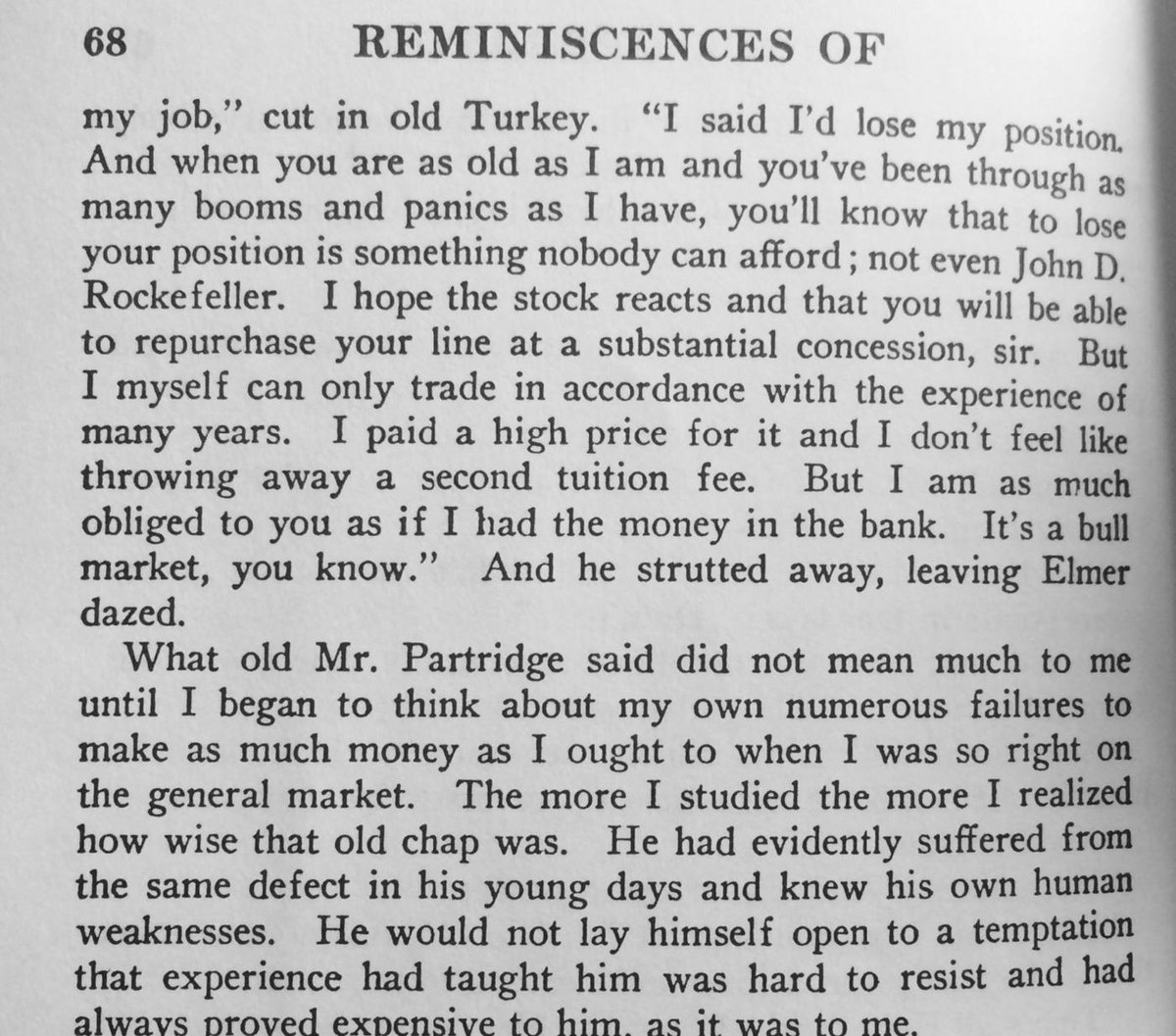1. You have to have passion for learning to trade; passion is the energy that you need to take you to your goals.
2. You have to have the perseverance to keep going after you want to give up. 90% of new traders quit when they were very frustrated while 100% of successful traders didn’t quit until they reached their goals
3. New traders spend too much time looking for what to trade instead of focusing on who they are as traders. You have to know who you are as trader first then you can start building your trading system.
4. Traders have to be able to manage their stress by trading inside their current comfort zone. Traders have to grow themselves and trade size step by step.
5. The vast majority of new traders fail simply because they did not do their homework before they started trading.
6. A trader has to build a trading system that matches their own personality and risk tolerance levels.
7. A trader that chooses to be master a specific type of trading method or trading vehicles has a much better chance of success than the traders that just dabble in many different things and never make much progress.
8. A trader has to write a good trading plan while the market is closed to guide their trading while the market is open.
9. A trading plan has to be followed with discipline to have a chance at success.
10. A trader has to manage their behavior by acting consistently with their own rules. (more…)



 Well, maybe. The other day I read that Mansa Musa, who ruled West Africa’s Malian Empire in the Middle Ages, was the richest person in history, with a personal net worth of $400 billion at the time of his death. Greg Steinmetz’s The Richest Man Who Ever Lived (Simon & Schuster, 2015) isn’t about Mansa Musa, however, but about Jacob/Jakob Fugger (1459-1525), the groundbreaking banker and mining magnate from Augsburg, Germany.
Well, maybe. The other day I read that Mansa Musa, who ruled West Africa’s Malian Empire in the Middle Ages, was the richest person in history, with a personal net worth of $400 billion at the time of his death. Greg Steinmetz’s The Richest Man Who Ever Lived (Simon & Schuster, 2015) isn’t about Mansa Musa, however, but about Jacob/Jakob Fugger (1459-1525), the groundbreaking banker and mining magnate from Augsburg, Germany.